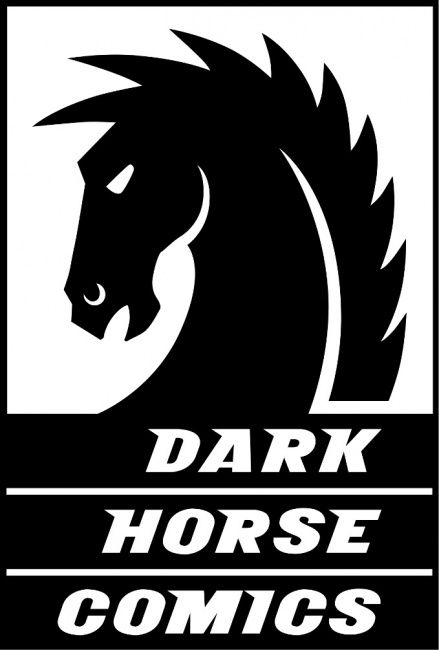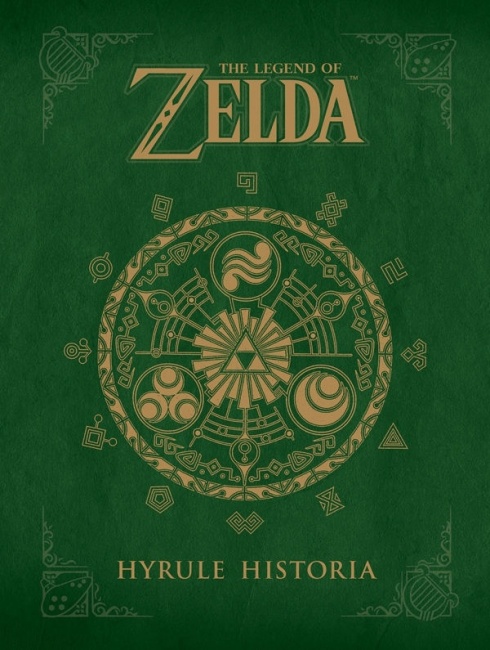In the closing days of 2019, we caught up with Dark Horse Comics CEO Mike Richardson for a wide-ranging interview. In Part 2, we talk about Dark Horse initiatives to help comic stores expand into growth areas, the future of the comic store, the impact of the streamers, and Dark Horse plans for 2020. In Part 1, we talked about the comics and graphic novel market, Dark Horse shows in the pipeline, the impact of Dark Horse’s new investor, and key content areas for Dark Horse comics.
We were talking about some of the issues facing comic stores.
In the traditional comic market (or the direct sales market, I should say), sales are a little soft. Retailers are nervous, they're taking fewer chances on higher‑priced items. As a result, the bookstores are benefiting from that. There's always a large selection of trades [there]; our trades are always readily available.
As you might be aware, many of the comic retailers don't pick up many of our books. They focus mostly on Marvel and DC, which are the safer buys for them. As a retailer, I understand the thinking behind that.
I wish we could get them to pay more attention to some of the books of ours that have been huge hits in the book market that may have been overlooked in the direct sales market. Maybe that's our fault. Maybe we need to promote those books stronger.
We do have some programs on the way to try and help retailers take some chances with some of the material they might not order.
You're talking about returnability?
Not just returnability, we already do some of that. I'm talking about two‑for‑ones or low‑cost entry packages of certain types of books, different projects that we're talking about to help retailers feel comfortable with taking a chance on some of our publications that are doing well outside the direct sales market.
What are some examples of titles that you feel there maybe is more opportunity for in the direct market than was seen?
The biggest example I could give you would be our first Zelda book, which sold nearly a million copies. It might be over a million now. Very few of those were purchased in the direct sales market. That's the $39, $40 book that sold a million copies.
I think retailers (and I understand this, again) are nervous about buying those books because of Amazon's ability to sell at a lower price. They shy away, maybe, from some of those (or some retailers do, anyway). As we go into the future, we're looking at a way to make it more comfortable for a retailer to take a chance on some of those types of publications.
Are there any comics that did well in the book market, but comic retailers didn't sell as many as you might have expected?
We never think that, our comics sell as well as expected.
[laughter]
We do some new formats that we're going to try at bargain prices coming up. We're working on that right now, trying to figure out the best way to do that. Not only to reintroduce some of our best‑known characters, but also, to help retailers take an early chance on some of the titles we think they should be ordering more.
The retailers are the gateway to the consumers in the direct sales market. They have to order it if it's not on the shelf there. If it's not on the shelf, consumers don't get the chance to make that choice. We have to come up with ways to help retailers feel comfortable about putting those books out on their shelves.
You're the only comic publisher, or significant comic publisher, that has a footprint in retail, so we’re really curious about your take on the future of the comic store. You mentioned, and as we've been reporting, a shift in channel, just in terms of volume, because the book formats are popular. Those are being sold in places other than comic stores, in a lot of cases. What do you think that means for the future of the comic stores, and what are they going to look like in 5 or 10 years?
I think it'll be harder and harder for the hobby shops, if you know what I mean. The shops that are focused entirely on comics and entirely on Marvel and DC. I think that, just with our business, Dark Horse business as a whole, in order to grow, we have to continue to expand what we do.
For instance, we've found that there is a reluctance to purchase high‑end Dark Horse collectibles, so we started Dark Horse Direct, which is doing very well. It's gotten a good toehold and now is growing. Our project was our fastest‑selling since we started just over a year ago.
I think that the retailers, in the same way, have to broaden their offering to bring more customers in. With that in mind, we'll have a number of announcements. We're looking for projects outside the direct sales market, outside the traditional comic market, to find talent to work with that will bring in a more mainstream audience.
Bring a more mainstream audience into comic stores?
Yeah. I think that it will. People don't remember now, but when we did the first Aliens comic, comics based on movies didn't get that much excitement. We were a new company, and we sold hundreds of thousands of copies. Retailers were getting customers they had never seen before into their stores to get those books.
In those days, you couldn't get them in the bookstores or anywhere else. You had to go to the comic shops. In the same way, I think that, if we can bring some content into the marketplace that has a much wider audience, a lot of it media‑related, I think comic shops can bring new customers in with that.
You're not selling, then, to comic customers, you're selling to customers of the IP or of the people bringing the IP. Some of them have huge followings.
Early on in this interview, you mentioned there's been a big impact of the streamers on the media side of the business. What do you see as the impact of the streamers on the comics business and the overall entertainment business going forward? Netflixes, Amazon, and Hulu are creating programming based on comics or licensing their content to comics. You've done both, obviously.
It's created a tremendous appetite for comics material. We have great content in the comics market. You're seeing all of these new companies launching. I'm sure we'll see some big successes. We'll probably see some not as successful in the streamers.
All of them, in order to have a chance, need content. That's what we do. We create content. The comic industry as a whole has great content for them to mine.
Is the streamer appetite for comics content still going up? There’s a couple of new big streaming channels that are coming online around now.
We're talking to all of them. The appetite is increasing right now as new companies come into play. We're situated. We've always thought that the comic industry was a prime area for content for film and series.
Our first film was way back in 1992 with Dr. Giggles. We followed that up with The Mask and Timecop, which both opened number one in the box office.
We've had success for most of our existence. I would say right now we're setting things up at a faster pace than we ever have, even though we've always been successful. We've set up over 100 properties over the years since we've been in business. It seems like it's accelerating, the speed with which we're developing projects in that business.
Then, in terms of Dark Horse's specific plans for 2020, what are your biggest initiatives, and what should retailers be looking forward to from you?
We're going to do some brand refreshing this year. We're going to look to not only bring in some of the top comics creators, but also to bring in some talent that has wide recognition outside the direct sales market, in the world at large. We'll have some announcements along those lines.
We're also partnering, doing some partnering with some existing companies that I think will gain a lot of attention and give us access, wider access to potential Dark Horse customers.
Look, we're doing what we always do. We're looking for ways to increase our brand. We're looking internationally to increase our brand. The films and series that we're doing give us a great opportunity. The movies that we'll be doing next year will also give us that opportunity, just to increase our brand, make people aware that we have great projects coming out of Dark Horse.
Also, again, I come out of the direct sales market. We're trying to figure out ways to work with retailers. We're looking for ways to help retailers bring consumers in, to help direct sales market retailers, comic shop owners, to bring more Dark Horse product in and feel more comfortable about doing it.
Anything else you want to get out there to our readers?
Sure. Buy Dark Horse.
Click here to go back to Part 1.

Issues Facing Comic Stores, Future of the Channel, Streamer Impacts, Dark Horse in 2020
Posted by Milton Griepp on January 7, 2020 @ 11:18 am CT




